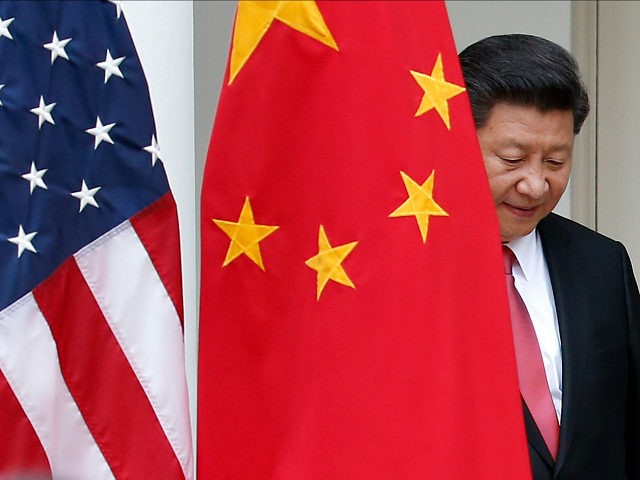China’s One Belt One Road (OBOR) initiative is, in part, a “ploy” to threaten the “already declining” U.S. influence in Asia and allow Beijing to continue using terrorism-linked Pakistan as a weapon against New Delhi, opines an ex-Indian foreign secretary in an editorial published by the Economic Times.
Echoing other assessments, the article concludes that OBOR — and, specifically, the project within OBOR known as the China-Pakistan Economic Corridor (CPEC), valued at up to $55 billion — would end up hurting India.
India’s former Foreign Secretary Kanwal Sibal contends that China is aware that it is wasting billions of dollars on Pakistan, which he describes as:
A politically unstable, terrorism-wracked country that needs financial bail-outs by the IMF [International Monetary Fund] or Arab donors and attracts little foreign investment, and, which, moreover, is bent on creating an unfavorable environment for itself by perpetuating conflictual relations with both its direct neighbors, it is for larger geo-political reasons, not economic gain alone.
Ultimately, the new “Silk Road” is a “ploy” for China to “solidify its grip over” Muslim-majority Kashmir, a Himalayan region claimed in part by China, Pakistan, and India, asserts Sibal.
China and Pakistan consider India their economic and military rival.
Angered that CPEC would run through the Pakistan-Occupied Kashmir (POK), India has refused to support the modern-day “Silk Road” project.
In an effort to appease New Delhi’s concerns, Bejing has reportedly proposed an additional corridor between India and China that Sibal argues would merely “supplement the CPEC, and not be an alternative to it.”
India’s former secretary dismisses China’s efforts to “re-name CPEC” as “sham diplomacy,” adding:
A cosmetic change in nomenclature will, however, make no difference on the ground as any corridor between China and Pakistan has to traverse parts of the erstwhile J&K [Jammu & Kashmir] state illegally occupied by Pakistan. This India cannot accept not only for legal reasons but also for what is a strategic move to encircle India in an area where China itself is involved in a territorial dispute with us.
China is drawing Pakistan deeply into its sphere of influence not only to continue using it as a weapon against India but also to challenge the already declining US presence and power on the Asian landmass.
China has long been exploiting the rivalry between India and Pakistan to ensure its goals in the South Asian region are accomplished, according to the U.S.-China Economic and Security Review Commission.
“This strategy aims to keep India so preoccupied with its western neighbor [Pakistan] that it will not have the ability to mount a serious challenge to China’s power and influence in Asia,” noted the commission last year.
The estimated $3 trillion OBOR project is also known as the Belt and Road Initiative (BRI).
Breitbart News explains, “China’s One Belt One Road (OBOR) project – consisting of the Silk Road Economic Belt, a land route to Europe, and the 21st-Century Maritime Silk Road, a sea route cutting from the Philippines to the Mediterranean – is a sprawling bureaucratic monstrosity the Chinese Communist Party (CPC) asserts will create a better-connected, wealthier global economy.”
“The Belt and Road Initiative, as it is sometimes also called, requires China to invest heavily in infrastructure and development across three continents to facilitate trade for China,” it adds.

COMMENTS
Please let us know if you're having issues with commenting.